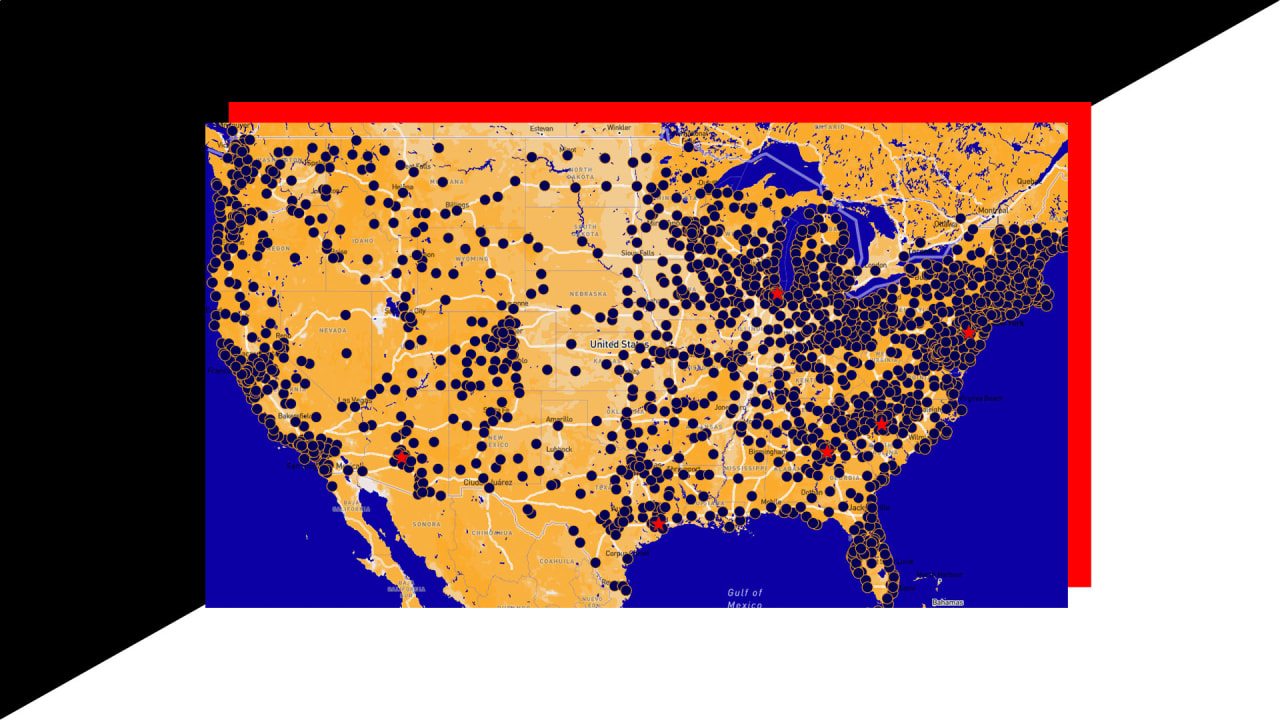Strange Radio Pulses Detected Coming From Ice In Antarctica
alternative_right shares a report from Phys.Org: A cosmic particle detector in Antarctica has emitted a series of bizarre signals that defy the current understanding of particle physics, according to an international research group that includes scientists from Penn State. The unusual radio pulses were detected by the Antarctic Impulsive Transient Antenna (ANITA) experiment, a range of instruments flown on balloons high above Antarctica that are designed to detect radio waves from cosmic rays hitting the atmosphere. The goal of the experiment is to gain insight into distant cosmic events by analyzing signals that reach the Earth. Rather than reflecting off the ice, the signals -- a form of radio waves -- appeared to be coming from below the horizon, an orientation that cannot be explained by the current understanding of particle physics and may hint at new types of particles or interactions previously unknown to science, the team said. The researchers published their results in the journal Physical Review Letters. "The radio waves that we detected were at really steep angles, like 30 degrees below the surface of the ice," said Stephanie Wissel, associate professor of physics, astronomy and astrophysics who worked on the ANITA team searching for signals from elusive particles called neutrinos. She explained that by their calculations, the anomalous signal had to pass through and interact with thousands of kilometers of rock before reaching the detector, which should have left the radio signal undetectable because it would have been absorbed into the rock. "It's an interesting problem because we still don't actually have an explanation for what those anomalies are, but what we do know is that they're most likely not representing neutrinos," Wissel said. Read more of this story at Slashdot.

Read more of this story at Slashdot.





![X Highlights Back-To-School Marketing Opportunities [Infographic]](https://imgproxy.divecdn.com/dM1TxaOzbLu_kb9YjLpd7P_E_B_FkFsuKp2uSGPS5i8/g:ce/rs:fit:770:435/Z3M6Ly9kaXZlc2l0ZS1zdG9yYWdlL2RpdmVpbWFnZS94X2JhY2tfdG9fc2Nob29sMi5wbmc=.webp)
























































































































































































